The Fordham History Department, through its O’Connell Initiative on the Global History of Capitalism, is accepting abstracts for its Graduate Student Workshop. The workshop will take place on Friday, April 3, 2020 at the Rose Hill Campus. The purpose of this workshop is to provide a space for graduate students to present, read, and receive valuable feedback from other graduate students and Fordham faculty on projects they are planning on publishing.
Our goal is to foster conversations across a wide variety of topics. Concepts such as power, politics, and society can be interpreted broadly across time periods and geographies. Submissions can include topics on race, gender, class, political and social structures as well as economic, cultural, and religious institutions from antiquity to the modern era. We especially welcome papers exploring the following questions: How are culture and political power intertwined? How did gender, race, or class shape involvement in political institutions? How have class and race intersected with political power? How has the authority of religion affected social relations? How did the power structures of trade and colonialism function? What is the relationship between knowledge and power in social domains such as education, science, and/or medicine? Papers can investigate, but are not limited to, the question of power and:
Deadline & Submissions:
We invite submissions for individual papers from advanced MA and PhD students. Titles and abstracts (250-300 words) should include a working title and a main argument and be sent to fordhamgradworkshop@gmail.com by the deadline of December 13, 2019. All submissions should include a separate document containing the author’s name, institutional affiliation, and contact information.
Chosen participants will be notified by email no later than February 3rd, 2020. The final papers should be full-length drafts, about 20-35 pages in length (c. 5,000-9,000 words, double-spaced) with full citations. Papers should not have been published elsewhere. Presenters should plan to circulate their papers at least two weeks before the meeting. At the workshop, we will ask all contributors to not present their papers but introduce and frame their arguments with a 10-12-minute introduction leaving the bulk of the session to a detailed discussion of the paper among participants.
Financial Support:
Fordham will offer up to $250 per accepted participant to defray travel costs. The day’s schedule will also include a light breakfast, lunch and closing reception.

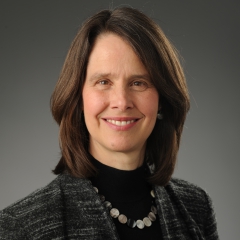
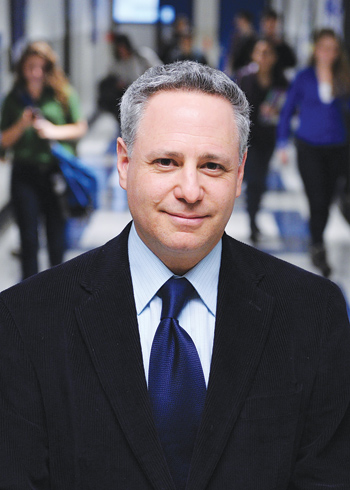



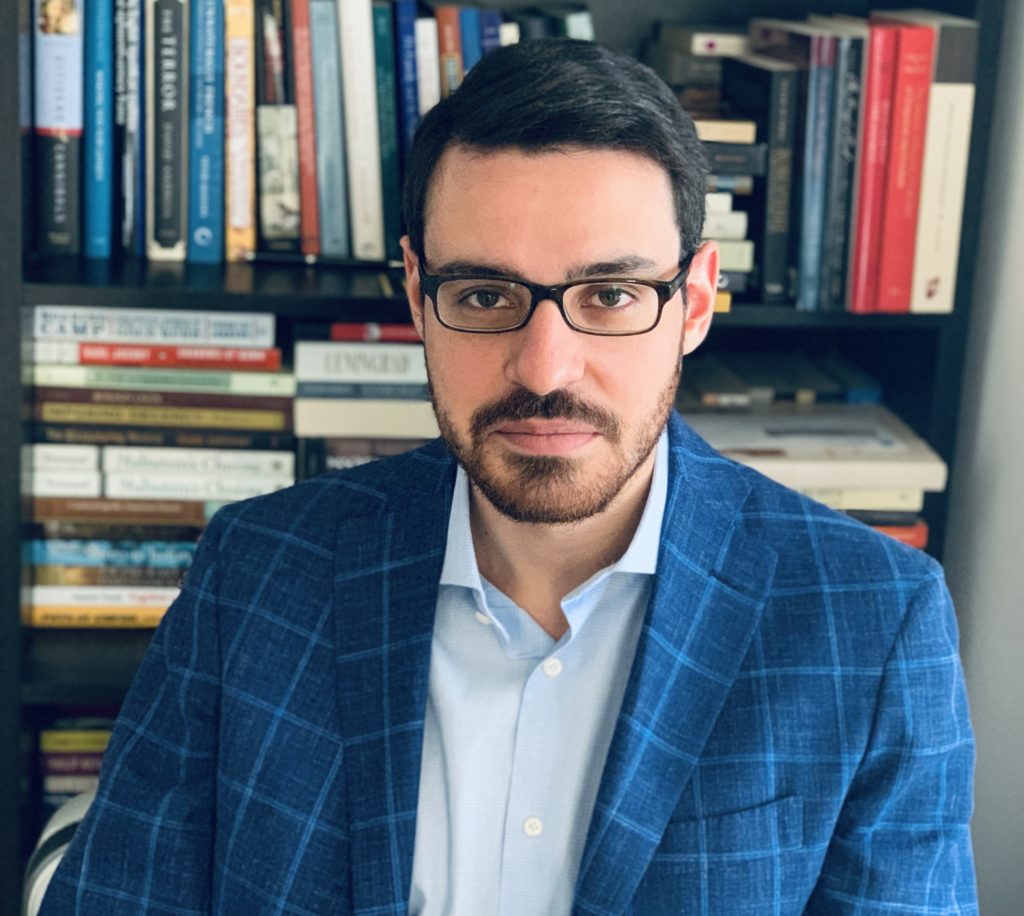
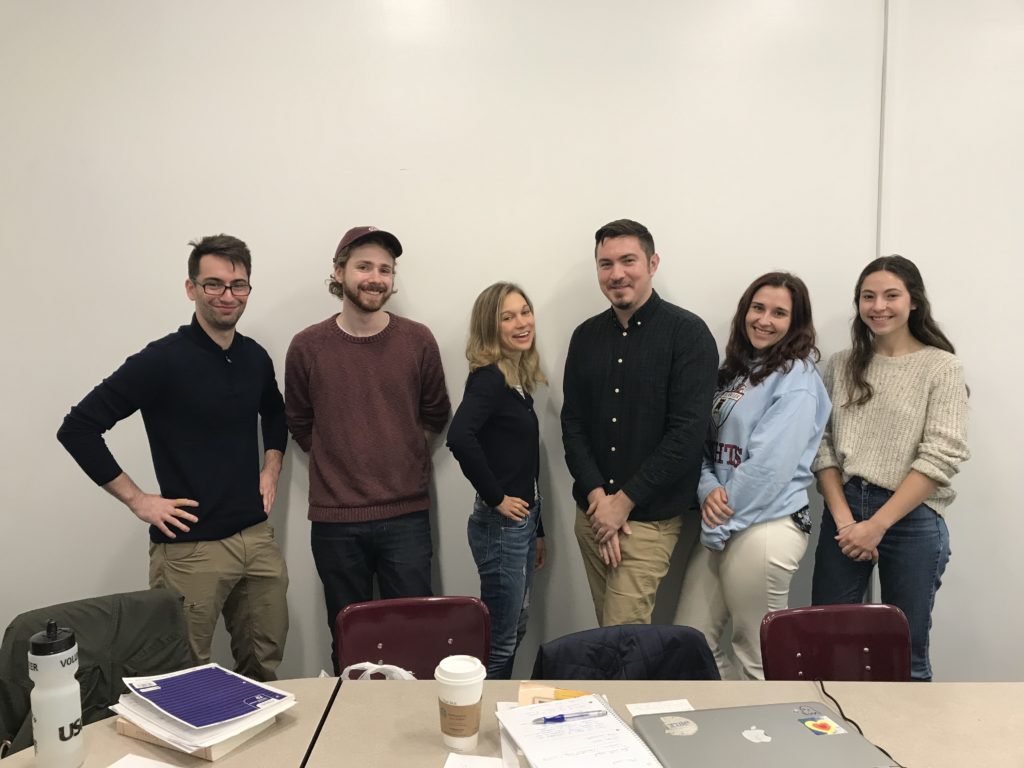

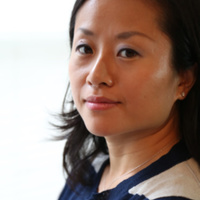
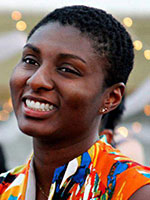
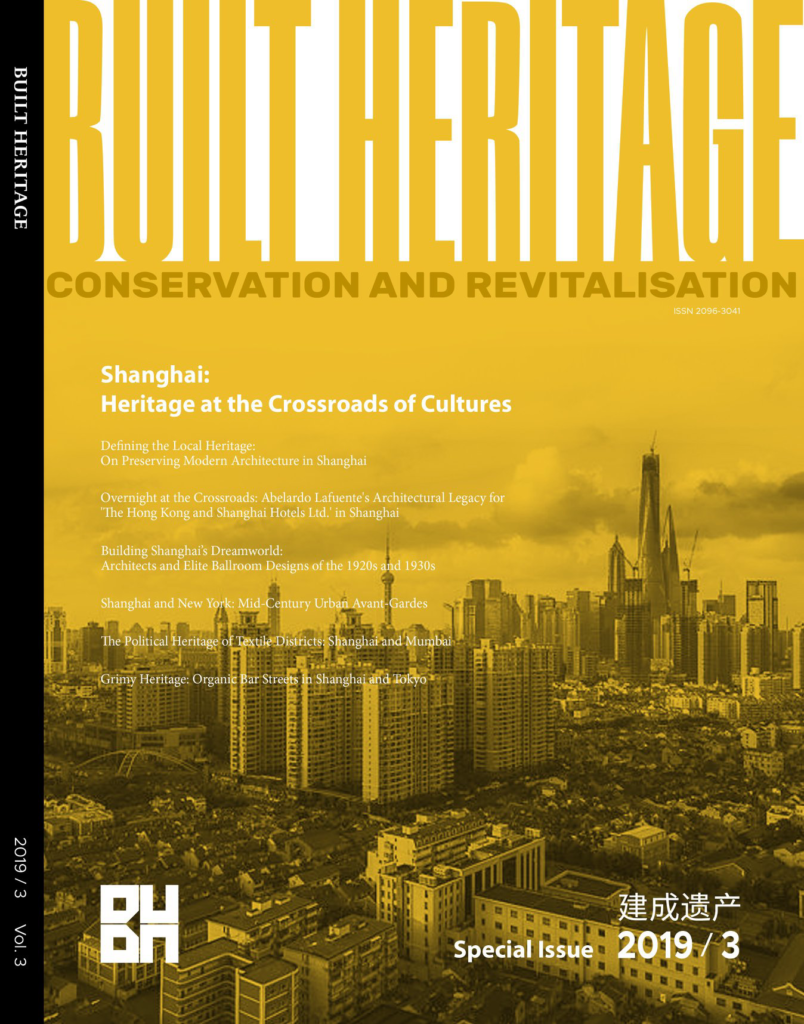
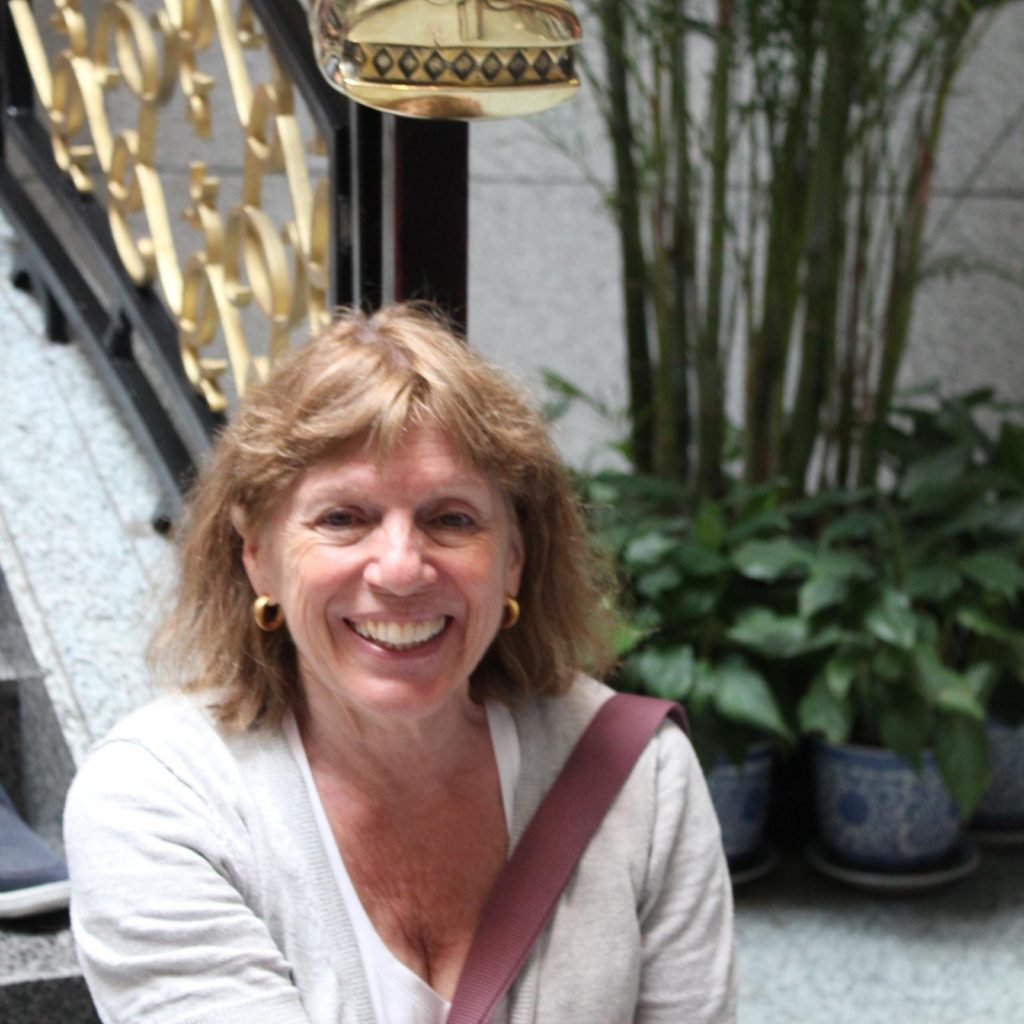
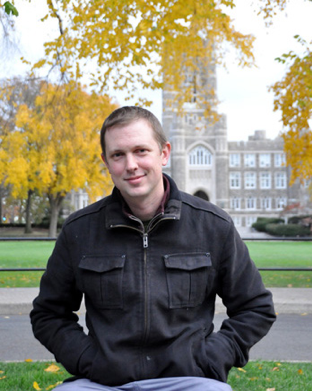
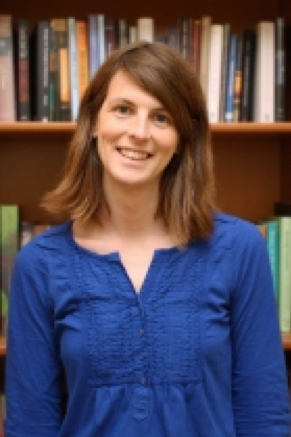
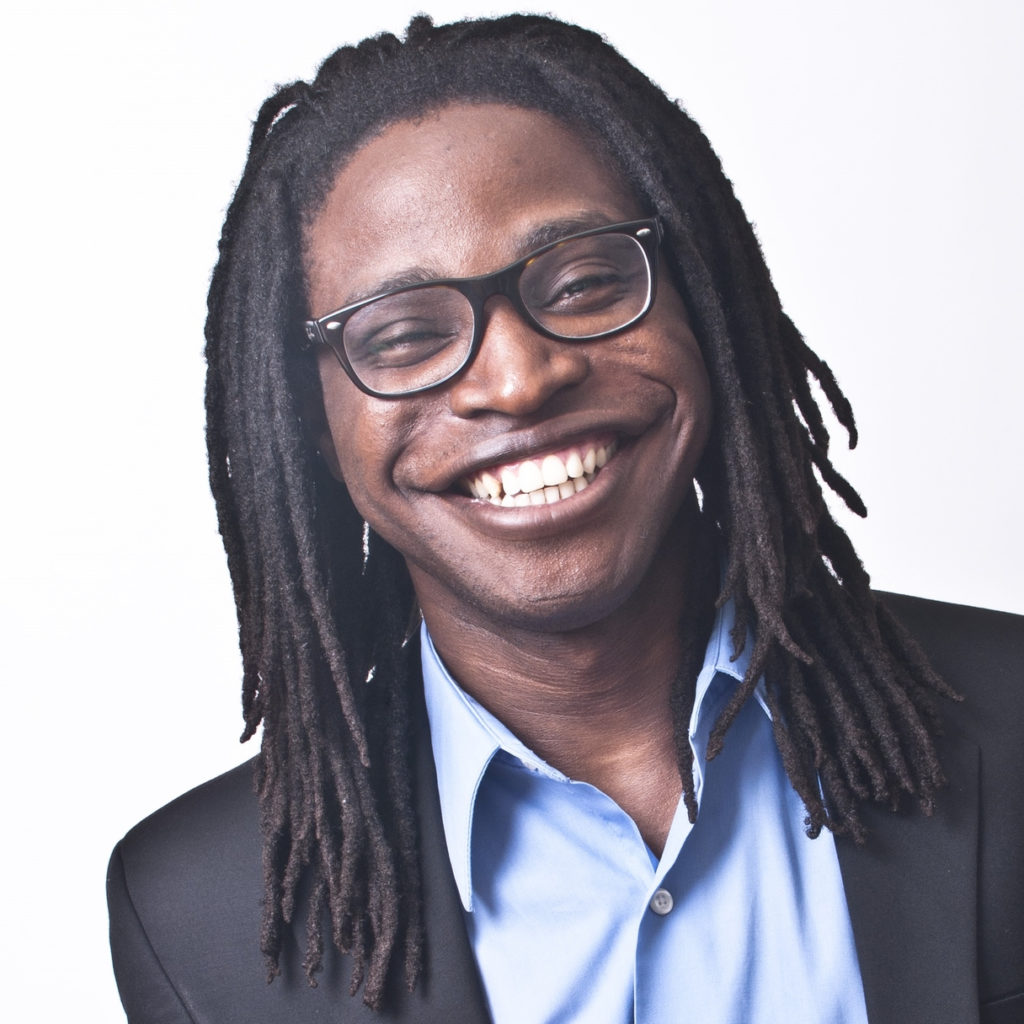
 On December 7, 2018, History Ph.D. candidate Jeffrey Doolittle gave a paper entitled “‘Efficassimum est Alexandrinum’: Drugs and Efficacy in Early Medieval Latin Pharmacology” at the “Drugs in the Medieval World, ca. 1050-ca. 1400” conference held at the Strand Campus of King’s College London. This two-day conference, organized by Dionysios Stathakopoulos and Petros Bouras-Vallianatos, featured papers on the transcultural transmission of information about materia medica (medical ingredients) during the middle ages and brought together some of the best scholars working on medical texts in Greek, Latin, Syriac, Hebrew, Arabic, Persian, Turkish, and Tibetan sources.
On December 7, 2018, History Ph.D. candidate Jeffrey Doolittle gave a paper entitled “‘Efficassimum est Alexandrinum’: Drugs and Efficacy in Early Medieval Latin Pharmacology” at the “Drugs in the Medieval World, ca. 1050-ca. 1400” conference held at the Strand Campus of King’s College London. This two-day conference, organized by Dionysios Stathakopoulos and Petros Bouras-Vallianatos, featured papers on the transcultural transmission of information about materia medica (medical ingredients) during the middle ages and brought together some of the best scholars working on medical texts in Greek, Latin, Syriac, Hebrew, Arabic, Persian, Turkish, and Tibetan sources.